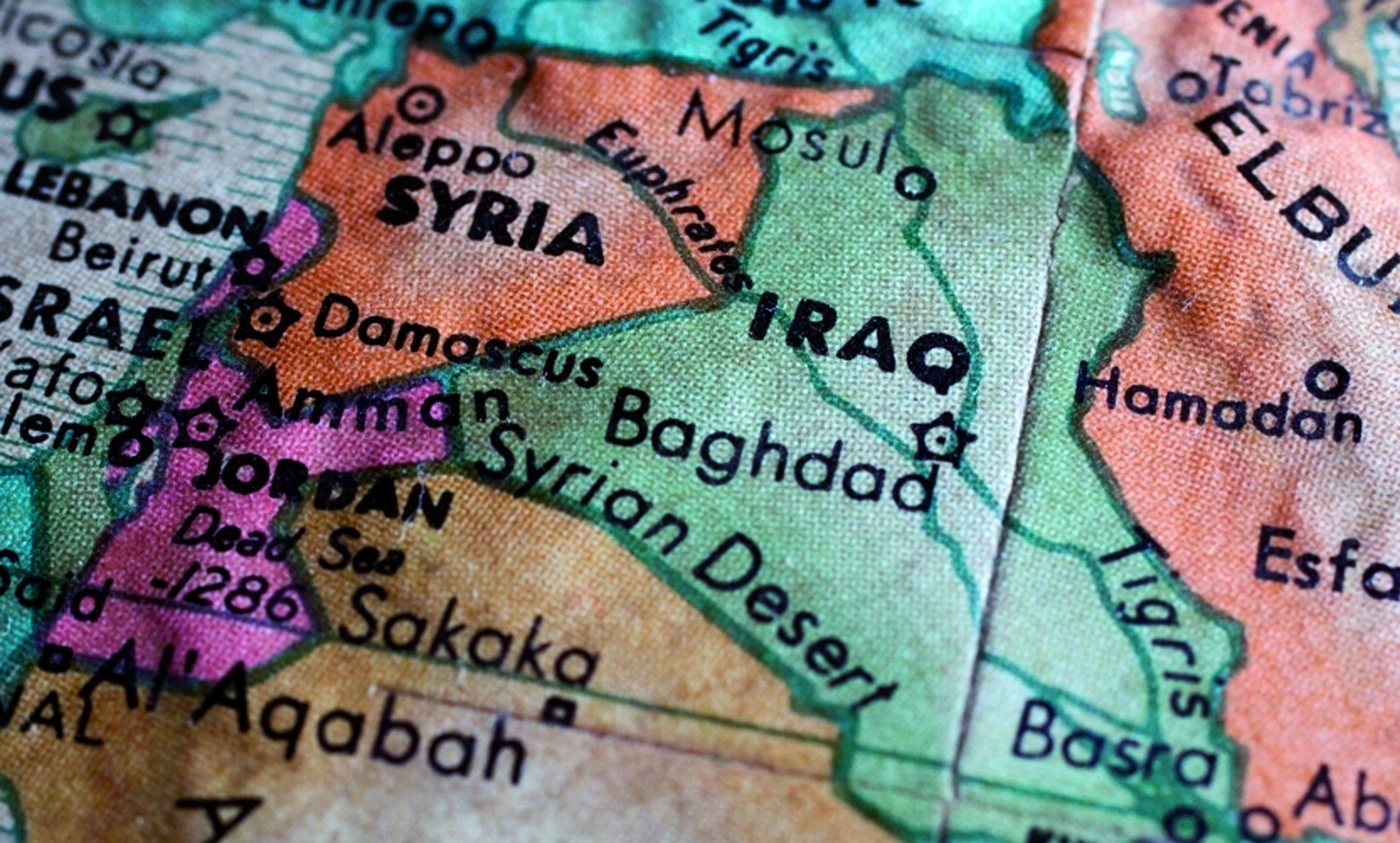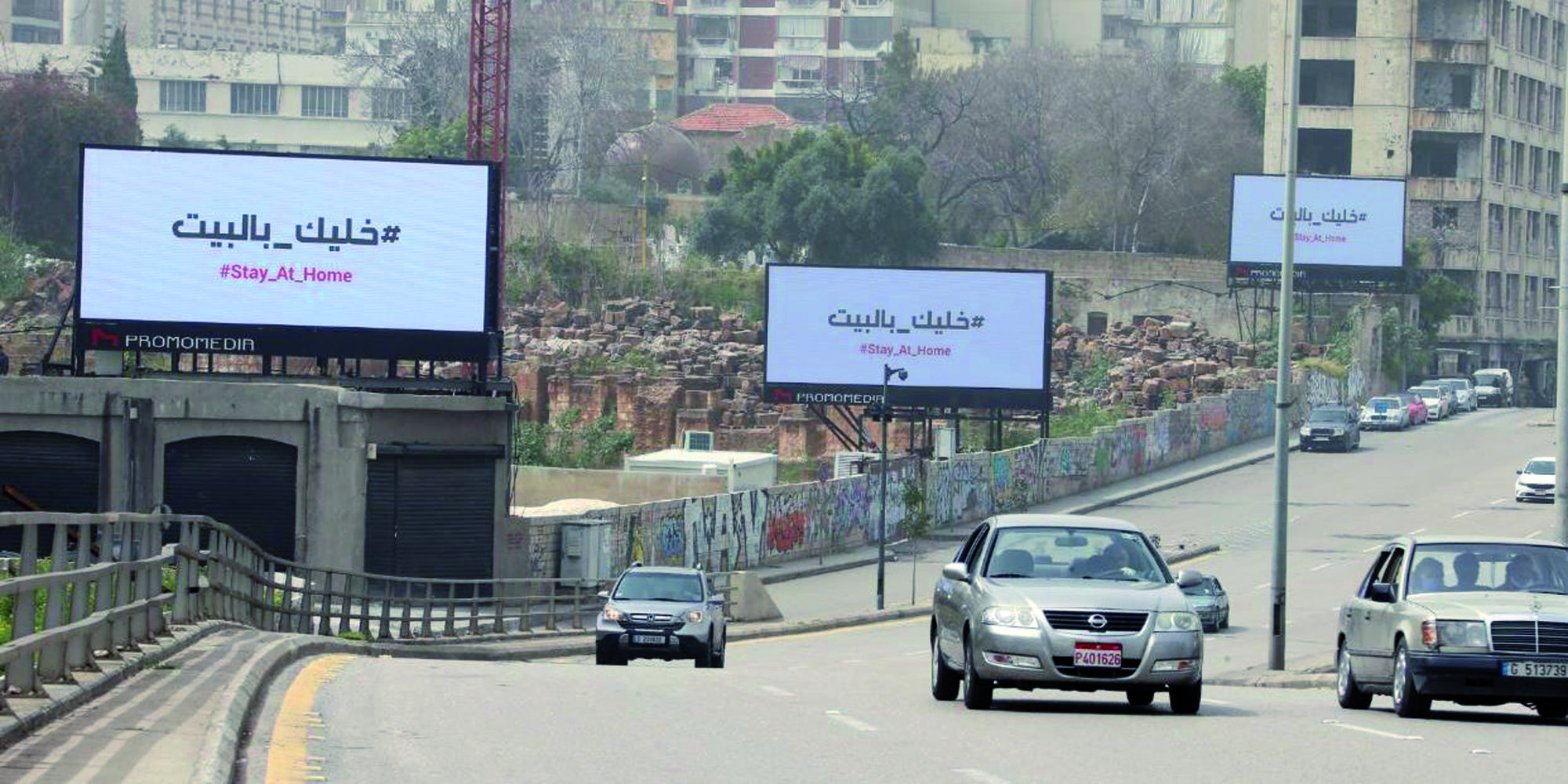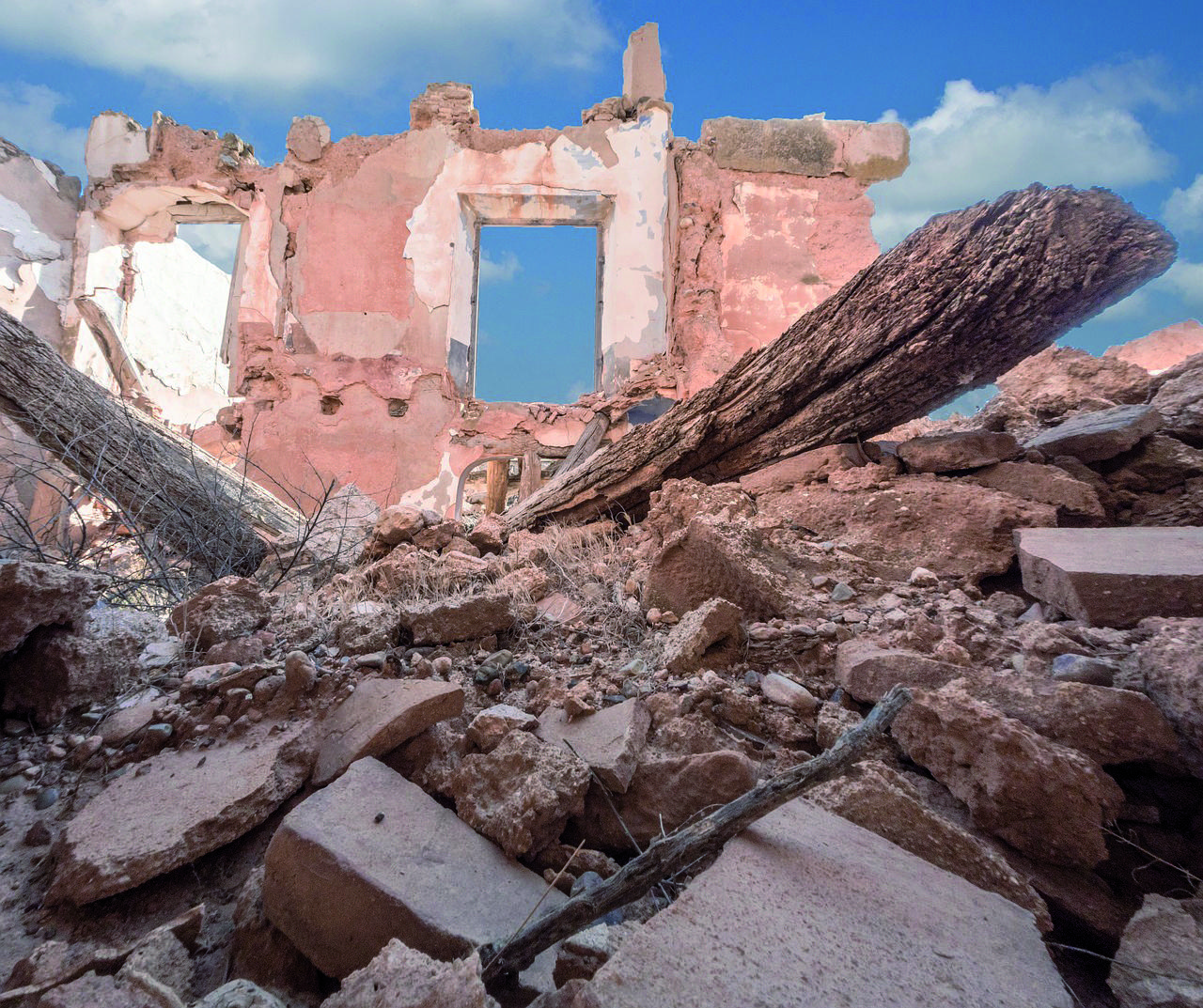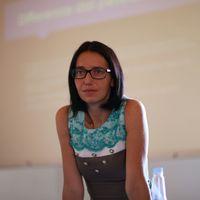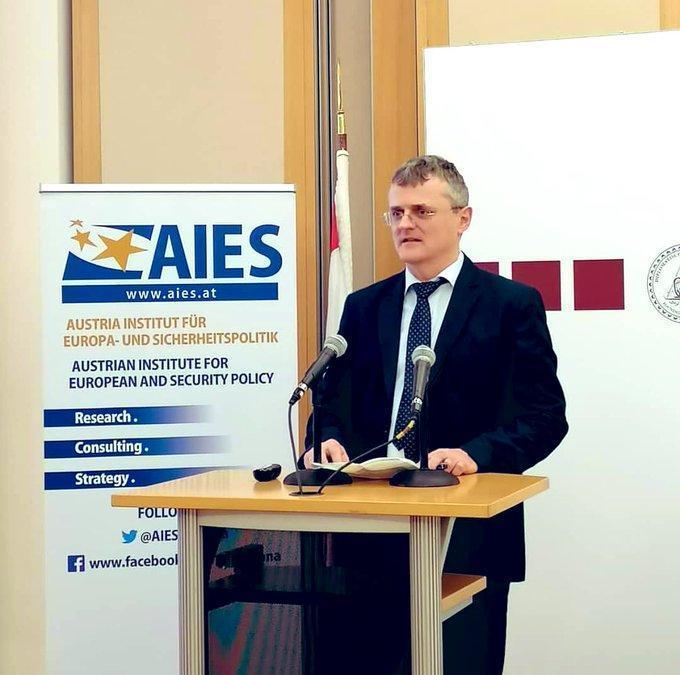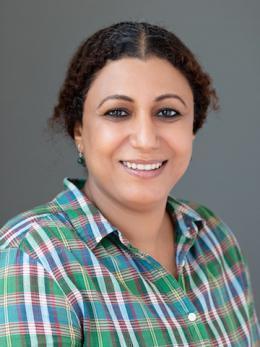ORIENT IV 2019: Factors and dynamics of stability and instability
Purchase the full issue here:
26,00 € incl. VAT plus Shipping CostsSelect options This product has multiple variants. The options may be chosen on the product page
Editorial
Dear ORIENT readers,
The Near and Middle East has once again garnered a prominent role in the global news coverage. The very real threat of an escalation between Saudi Arabia and the US on the one side and Iran on the other has been palpable, while the brutal wars in Yemen, Syria and Libya have continued unabatedly. At the same time, efforts from individual countries, regional and international organisations such as the EU and the UN, and adhoc coalitions have yielded little tangible results in solving these issues – from the Strait of Hormuz to Idlib.
In this issue of ORIENT we aim to have a look at a variety of the factors and dynamics of stability and instability in key crisis countries of the region. At first, Rayan Haddad provides a thorough assessment of domestic and external factors in Lebanon’s volatile politics, before Curtis R. Ryan analyses those dynamics in Jordan. Following this, Michael Semple dives deep into the inner workings – and conflicts – within the Taliban movement in Afghanistan. Subsequently, Ruth Hanau Santini writes about how the EU has been an important player in many of the crises in the Near and Middle East, while Wolfgang Pusztai provides his expertise on the current situation in Libya. Lastly, Zeinab Abul-Magd analyses the civil-military relations in Egypt.
I hope that the current issue provides you with valuable perspectives on some of the factors and dynamics that are shaping both stability and instability in the Near and Middle East today.
Dr. Gunter Mulack
Director of the German Orient-Institute


